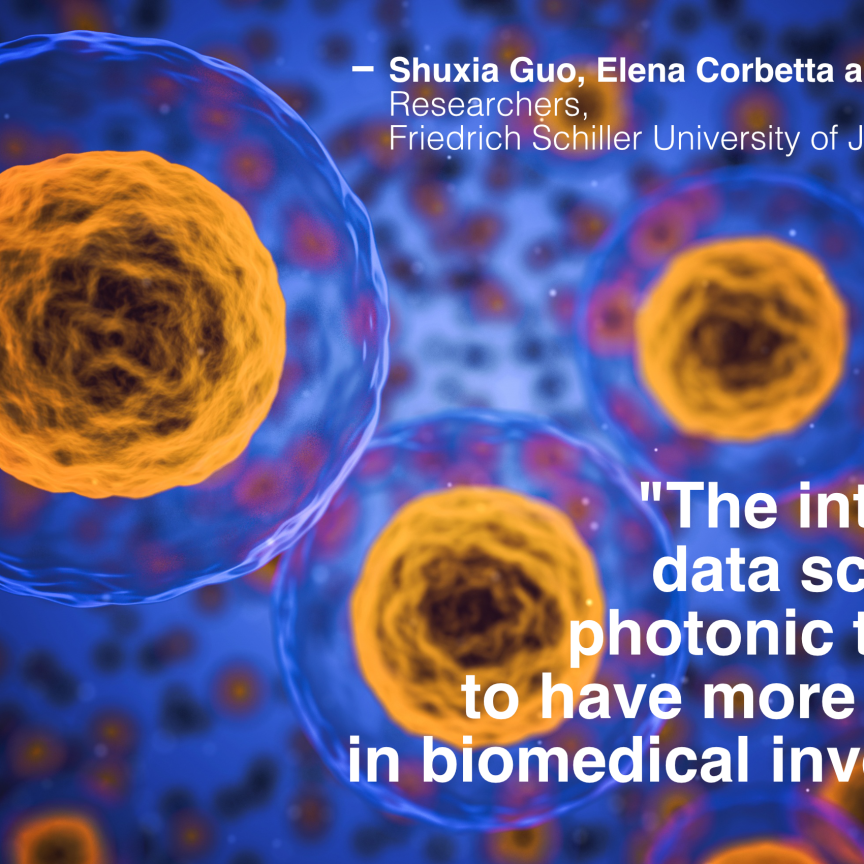In a development that wouldn't be out of place in a science fiction novel, researchers have taken an important first step in the development of metasurface-enabled tractor beams – rays of light that can pull particles toward it.
The innovation could one day be used to take biopsies in a non-invasive manner.
Size, weight and cost have restricted the application of tractor beams in the past
Tractor beams, or solenoid beams, are structured beams exhibiting patterns of light that rotate around the axis of propagation. They can exert forces on objects in a direction opposite to the direction of light.
Previous studies have produced solenoid beams using spatial light modulators (SLMs), but cost, weight and size have limited their widespread application.
Now, University of Melbourne researchers have experimentally demonstrated a silicon metasurface that generates a triple helix solenoid beam.
Metasurface filters light beam
The new approach has several benefits over previously generated solenoid beams in that the required conditions of the input beam are more flexible, it doesn’t require an SLM, and the size, weight and power requirements are significantly less than previous systems.
The metasurface was created by mapping the phase hologram of the desired beam, which was used to create a pattern. The metasurface was then fabricated from silicon using electron beam lithography and reactive ion etching.
When the input beam, in this case a Gaussian beam, filters through the metasurface, most of it (approximately 76%) is converted into a solenoid beam and bends away from the unconverted beam, allowing the researchers to work with it without obstruction. They were able to characterise the beam at a distance of 21 centimetres.
“The compact size and high efficiency of this device could lead to innovative applications in the future,” said lead researcher Maryam Setareh. “The ability to pull particles using a metasurface might have the potential to impact the field of biopsy by potentially reducing pain through less invasive methods.”
The next stage of this research, the researchers say, will be to experimentally demonstrate the beam’s ability to pull particles.
Credit for main image: NMacTavish/Shutterstock


